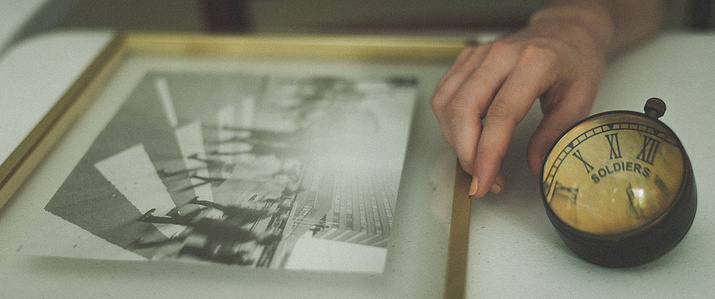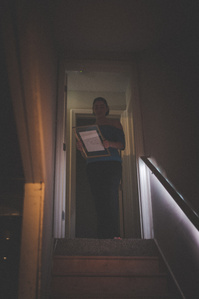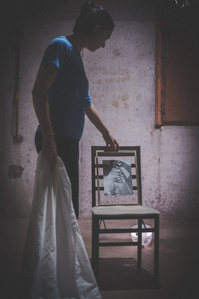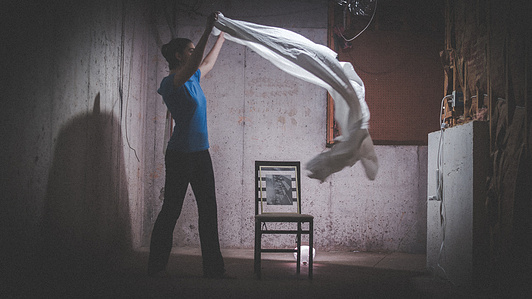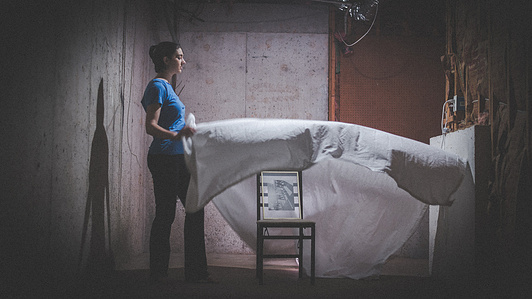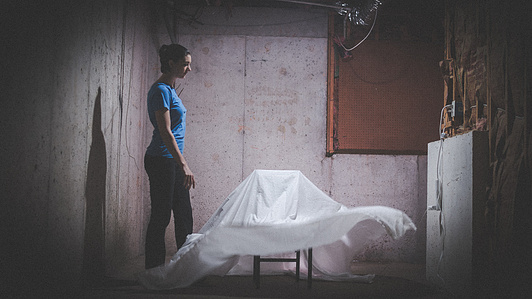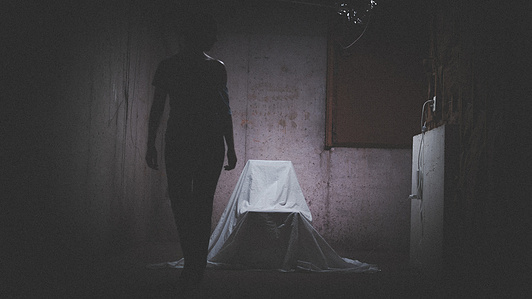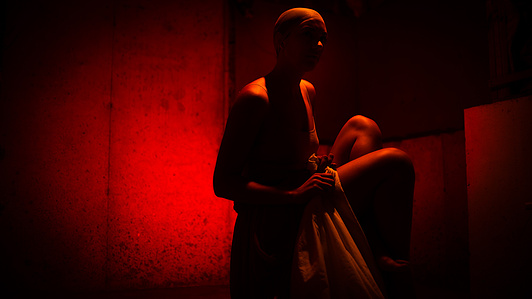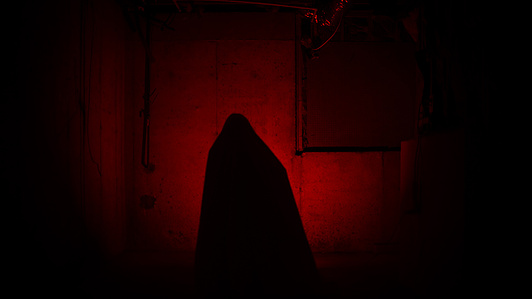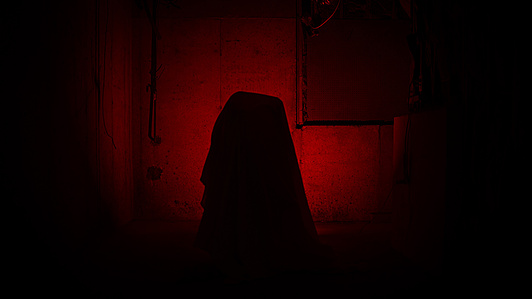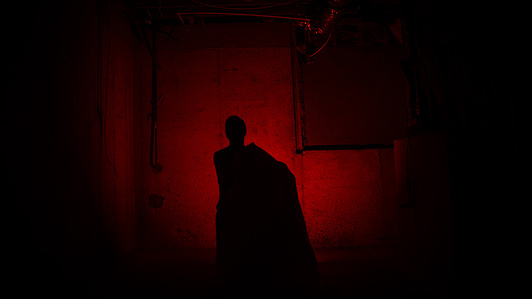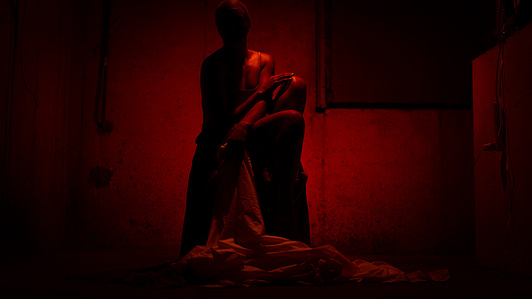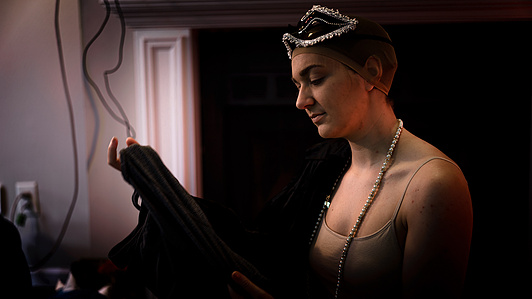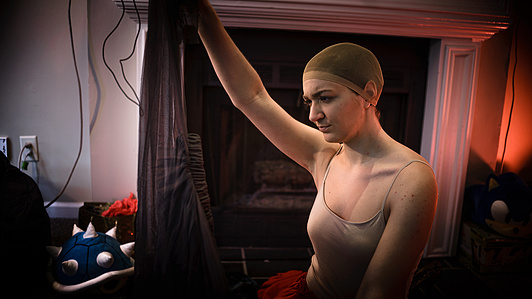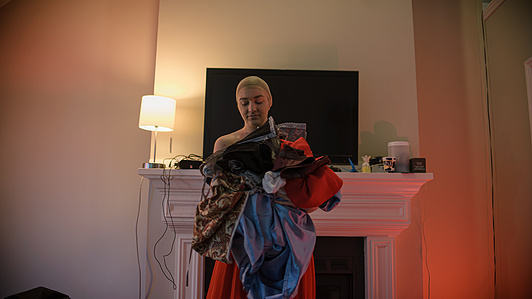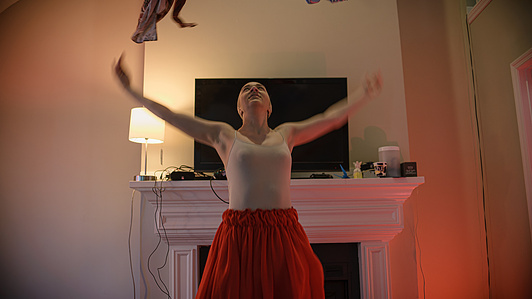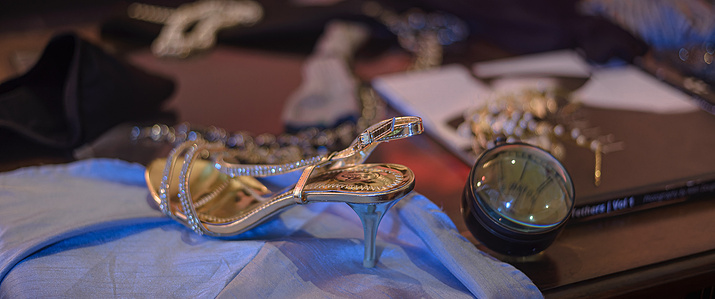Muses. A word for an inspiring figure or force. Sometimes our muses are internal, coming from a single stray idea once considered absurd. But when our ideas. come to life, they never truly cared what we thought about them. They will take strands of random thought almost to develop themselves, and you will end up finding yourself wondering how something so impossible became your finest hour. When they come from within, armed with the power to fulfill us, teach us something new, and remind us of the strength of our own minds, our muses, our sources of inspiration, become some of the best tethers to be bound to.
More valuable than our most prized possessions, more resilient than the strongest metal, and more precious to us than the most beautiful gem: a human being will find more wealth in their own ideas than anything else in life. At its inception, an idea may feel small, taking up only a small place in our minds. But the smallest idea can grow to define us as human beings and inspire us to pave the path to the future we wish to see. For creators, an idea is a foundation for some of our greatest achievements. For storytellers, the best stories ever told often begin as a simple “what if?”. For the musician, symphonies are born from a single, gentle sound. For the painter, a canvas can be brought to life when the eye expands on the mundane and makes it fantastic. It’s fun to think that an idea begins much like how God made the Heavens and the Earth: born in the dark in an instant, eagerly awaiting definition. And in many instances, an idea, no matter how young or undeveloped, will refuse to die.
Arthur C Clarke described ideas as having three phases: a phase where it feels impossible, a phase where it is possible but not worth doing, and a final phase where it was a good idea from the beginning. Human beings, forever rooted in the concepts of reality and circumstance, will allow an idea to sit in the mind and wither away beneath doubts. It’s easiest to tell ourselves that an idea is too outlandish, not practical, or otherwise impossible. But the innovations we enjoy today often began as thoughts once considered farfetched. The starved idea that's locked away does not perish quietly; it knocks against our heads, pops up in idle daydreams, passed off as mere fantasy meant to occupy the brain in slow periods of boredom or remedial work. It’ll even permeate our dreams, finding every moment it can to convince us to better define it. We will, almost unknowingly, give an idea the very structure, color, voice, and meaning it so desperately needs to thrive. Suddenly, stray thoughts have turned an idea that was written off as silly into a plausible body of thought worthy of pursuit. The idea’s mission to make itself real becomes your mission.
By the time we begin figuring out the science and working out the flaws so that it actually can stand on its own two feet, the question of how we made it to this point is irrelevant to us. We laugh, realizing more and more that it was possible from the very beginning--all it needed was attention and the definition that we have been giving it without even realizing it. When the work is done, we often wonder why we doubted ourselves and our ideas in the first place.
There is a certain catharsis that comes for all of us at the moment where the farfetched theory stands before you, completed. That feeling alone can propel us forward. It can cure the worst depression, open doors, inspire us to keep moving forward, and even bless the lives of others along the way. More importantly, it helps us better understand what we are actually capable of and teaches us an important lesson that feeds our innovative spirit: our ideas are valid, powerful, and worth chasing. Every great innovation began the same: born in the dark in an instant, eagerly awaiting definition.
dragon_in_disguise is the Master, the Muse, and the Movement.













